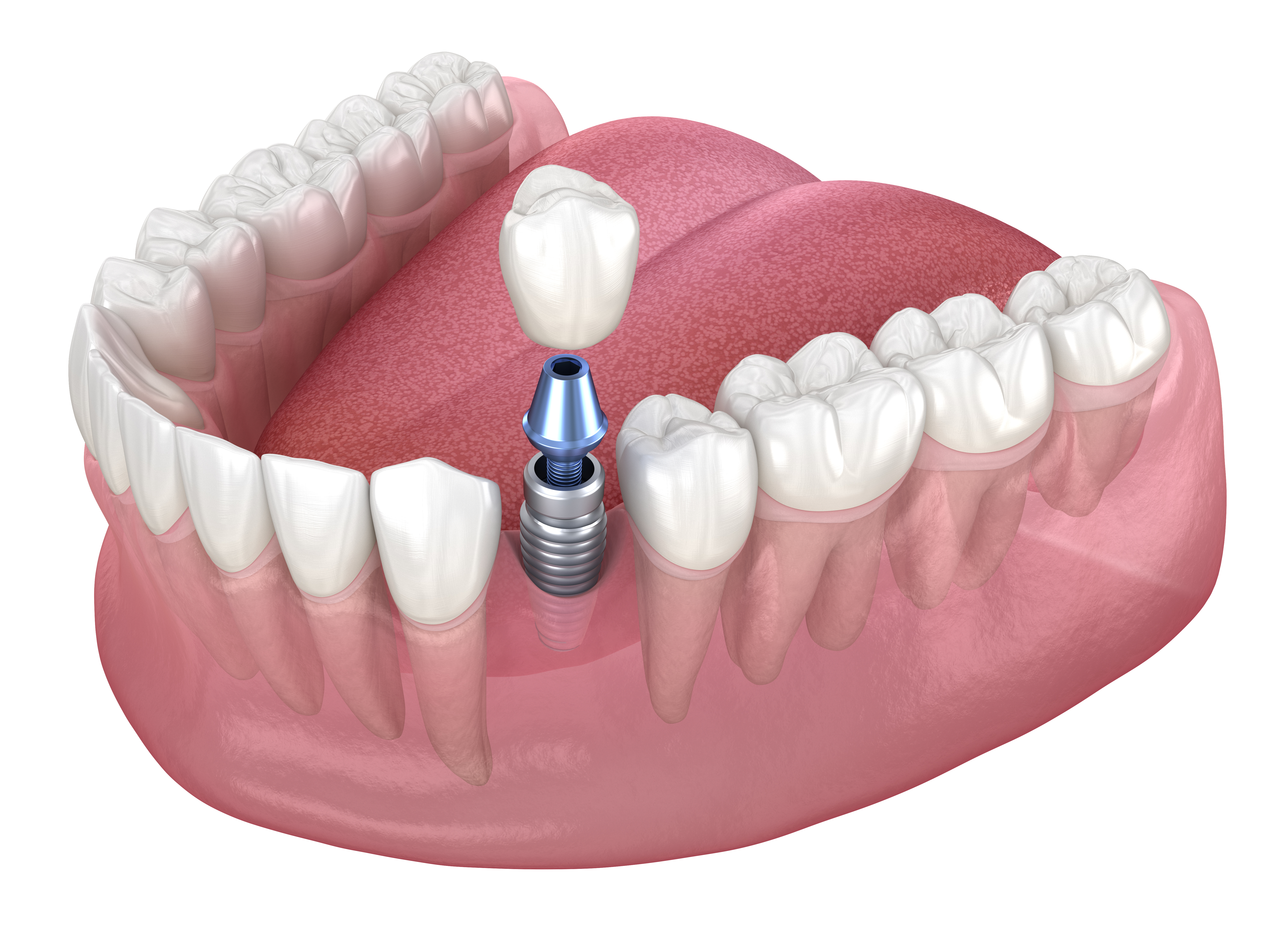Debt Consolidation in Ireland: Complete Guide
Debt consolidation is a practical solution for people looking to simplify their finances and lower monthly repayments. This guide outlines eligibility criteria, available options, and the most common mistakes to avoid to boost your chances of loan approval.

Debt consolidation represents a financial strategy that allows individuals to combine multiple debts into a single loan, often with better terms than their existing obligations. For many Irish residents struggling with various forms of debt—from credit cards to personal loans—consolidation provides a pathway to simplified finances and potentially reduced interest costs. This comprehensive guide examines how debt consolidation works in Ireland, the requirements for approval, and strategies for successful application.
Benefits of Debt Consolidation for Personal Budgeting
Debt consolidation offers several advantages for individuals seeking to improve their financial situation. The most immediate benefit is simplification—replacing multiple monthly payments with varying due dates with a single payment. This streamlined approach makes budgeting considerably easier and reduces the likelihood of missed payments.
Beyond convenience, consolidation often results in lower overall interest rates, particularly when replacing high-interest credit card debt. Irish consumers carrying credit card balances with rates of 18-24% may qualify for personal loans with rates between 6-12%, depending on their financial circumstances. This interest rate reduction can translate to substantial savings over the life of the loan.
Additionally, debt consolidation provides psychological relief by creating a clear timeline for becoming debt-free. Rather than facing an uncertain future with revolving credit, borrowers receive a definitive end date for their financial obligations, making the journey toward financial freedom more tangible and achievable.
Financial and Credit Requirements for Approval
Lenders in Ireland typically evaluate several key factors when considering debt consolidation applications. Credit score remains paramount—most traditional financial institutions require scores of 650 or higher for competitive interest rates, though some specialized lenders work with scores as low as 580.
Income stability represents another crucial element, with most lenders requiring proof of consistent employment for at least 6-12 months. The debt-to-income ratio—the percentage of monthly income dedicated to debt payments—should ideally remain below 40% after consolidation to demonstrate affordability.
Irish financial institutions also examine overall debt levels in relation to available assets. While specific requirements vary by lender, most prefer to see that the consolidation loan doesn’t exceed 75-80% of available collateral for secured loans. For unsecured consolidation options, lenders focus more heavily on income stability and credit history to offset the increased risk.
Personal Loans vs Mortgage-Backed Consolidation
When considering debt consolidation in Ireland, borrowers typically choose between unsecured personal loans and mortgage-backed solutions. Personal loans offer accessibility and speed—often requiring minimal documentation and providing funds within days. These loans typically range from €1,000 to €75,000 with terms between 1-7 years, though interest rates generally fall between 6-15% depending on creditworthiness.
Mortgage-backed consolidation, alternatively, involves either refinancing an existing mortgage or establishing a home equity loan. This approach typically offers significantly lower interest rates (currently averaging 3-5% in Ireland) and extended repayment periods up to 30 years. The trade-off comes in the form of using your home as collateral, introducing the risk of foreclosure if payments aren’t maintained.
The decision between these options depends largely on individual circumstances. Homeowners with significant equity may benefit from the lower rates of mortgage-backed solutions, while renters or those seeking faster debt resolution might prefer personal loans despite their higher interest rates.
How to Prepare a Complete and Convincing Application
Successful debt consolidation applications begin with thorough preparation. Start by gathering comprehensive documentation of your financial situation, including recent pay slips, bank statements from the past 3-6 months, and complete details of all existing debts (including account numbers, current balances, interest rates, and monthly payments).
Develop a detailed budget demonstrating how consolidation will improve your financial situation. Lenders want evidence that consolidation represents a sustainable solution rather than a temporary fix. Your budget should clearly illustrate how the consolidated payment fits within your monthly income while allowing for essential expenses and some savings.
Consider writing a brief financial statement explaining any past credit issues and detailing the steps you’ve taken to improve your financial management. This narrative can help humanize your application and demonstrate your commitment to responsible financial behavior moving forward.
Comparing Debt Consolidation Options in Ireland
| Provider | Loan Type | Interest Rate Range | Maximum Amount | Key Features |
|---|---|---|---|---|
| Bank of Ireland | Personal Loan | 6.8% - 8.5% APR | €65,000 | Flexible terms, existing customer discounts |
| AIB | Personal Loan | 8.45% - 10.95% APR | €30,000 | Quick approval process, no setup fees |
| An Post Money | Personal Loan | 8.5% - 12.5% APR | €75,000 | Fixed rates, no early repayment penalties |
| Avant Money | Personal Loan | 5.9% - 8.9% APR | €60,000 | Competitive rates, online application |
| Credit Union | Personal Loan | 6% - 12% APR | Varies by union | Community-based, flexible eligibility |
Prices, rates, or cost estimates mentioned in this article are based on the latest available information but may change over time. Independent research is advised before making financial decisions.
Mistakes to Avoid When Applying for Consolidation
Several common pitfalls can derail debt consolidation efforts. Perhaps the most significant mistake is continuing to accumulate new debt while paying off the consolidation loan. This behavior undermines the entire purpose of consolidation and often leads to worsened financial circumstances.
Another frequent error involves selecting a consolidation option without fully understanding the terms. Some loans carry prepayment penalties, variable interest rates, or balloon payments that can create unexpected financial challenges. Always read the fine print and ask questions about any terms you don’t fully understand.
Many applicants also fail to consider the total cost of the loan over its entire term. A longer repayment period might reduce monthly payments but significantly increase the total interest paid. Calculate the full cost of the loan before committing to ensure it aligns with your financial goals.
Finally, avoid working with unregulated lenders or debt settlement companies promising unrealistic outcomes. In Ireland, verify that any financial institution is regulated by the Central Bank of Ireland before proceeding with an application.
Debt consolidation represents a powerful tool for financial recovery when approached strategically. By understanding the benefits, requirements, and potential pitfalls, Irish consumers can make informed decisions about whether consolidation represents the right approach for their specific circumstances. The key to success lies in viewing consolidation not as a quick fix but as part of a comprehensive financial management strategy aimed at establishing long-term financial stability.




